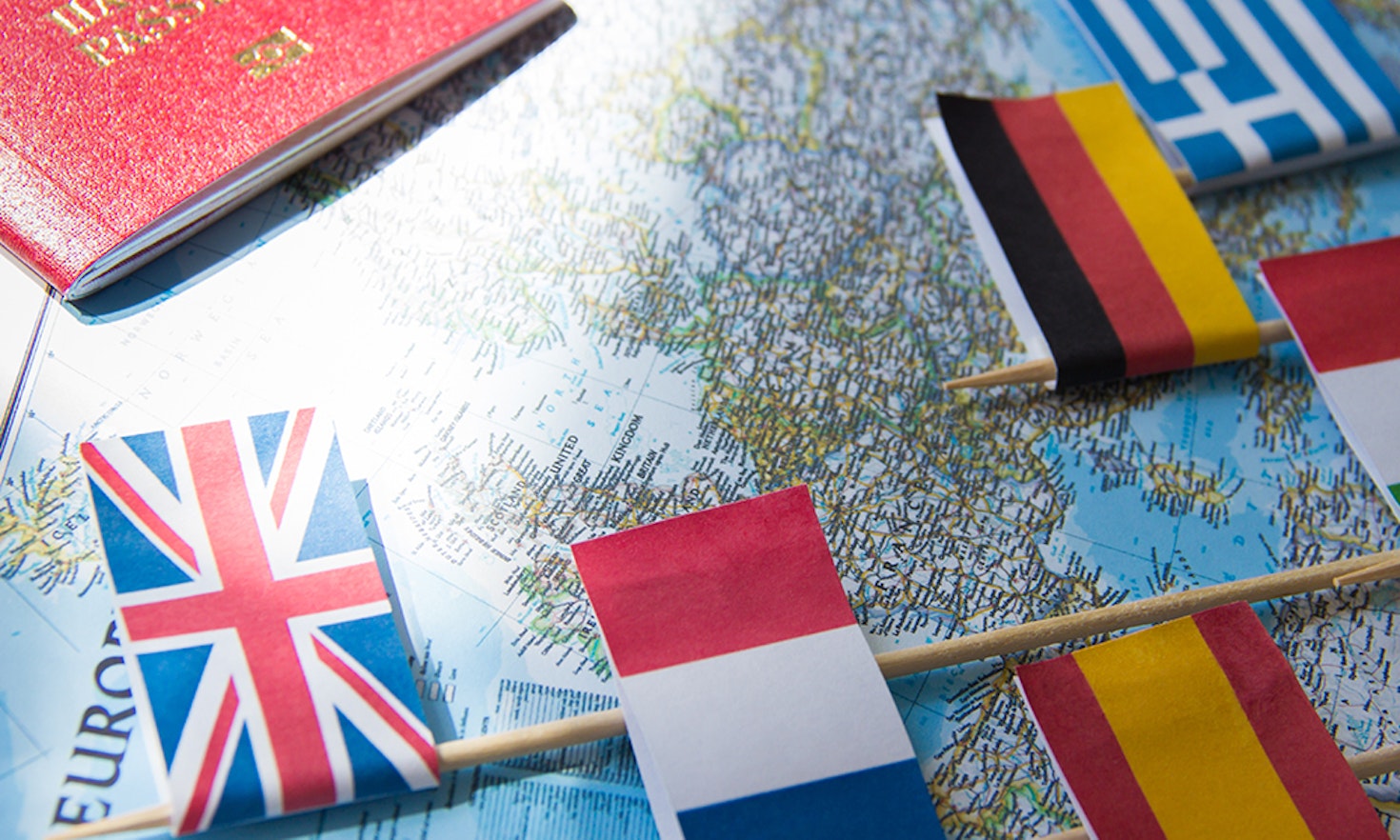
We Need to Talk about Language: Irish Judge’s Discriminatory Remarks
 Cecilia Gialdini
Cecilia Gialdini
Let’s say we are in Madrid and we ask someone born and raised there (by Spanish parents) about their citizenship. What answer should we expect? Most likely, “I’m a Spanish citizen”. Now, let’s replace Spain with Germany, Estonia, Poland, Hungary or any of the other 28 (soon to be 27) EU member states. The answer would again be “German”, “Estonian”, “Polish”, “Hungarian” and so on. What is so surprising about these responses? Nothing, of course. What is interesting is that no one would instinctively answer that question by declaring “I’m an EU citizen”. Probably most of the 512.6 million EU citizens don’t even know that EU citizenship is actually a (very serious and useful) thing.
In fact, being a citizen of the European Union is not just a phrase. According to (art. 20 of the) Treaty on the Functioning of the European Union (one of the “constitutional” basis of the EU) “every person holding the nationality of a Member State shall be a citizen of the Union”. This status “shall be additional to and not replace national citizenship”. In other words, being an Italian citizen automatically makes me an EU citizen also. Have a look at one of the passports of an EU country. These figuratively illustrate the concept. The EU does not issue passports, but all EU member states’ passports share a common format. The title on the cover starts with “European Union” followed by the name of the member state.
Besides that, how does EU citizenship concretely affect our daily lives? Citizens of the Union shall […] have, inter alia (not an exhaustive list):
You know when you decide to spend your holidays in Portugal, there is no customs controls and you can stay as long as you want without asking any permission? Thank you, EU citizenship.
A Dutch citizen, residing in Stockholm, can decide to run for municipal or EU Elections in Sweden and can also vote there, as will happen on the 26th of May when the EU parliament will be reelected.
A Maltese citizen is in Papua New Guinea, loses his passport, Malta does not have any consular authority there. No problem, since they are an EU citizen they have the right to contact the French Embassy in the capital Port Moresby and find help there.
All EU citizens can appeal and complain to the European Parliament on any issue within the EU’s purview and can raise perceived cases of maladministration by any EU institution. All this can be done in any of the EU’s official languages.
These are just some of the advantages of being an EU citizen. Maybe next time we are asked about our citizenship, we can think about it and reply by saying that we are both: citizens of our country but also of the EU as a whole.
 | Martina Trettel is Senior Researcher at the Institute for Comparative Federalism of Eurac Research. She got her PhD in Constitutional and European Legal Studies at the Graduate School of Law of the University of Verona in 2017. Her main research interests are Institutional Innovation and Participatory Democracy, Fiscal Federalism, Federal and Regional Studies and Comparative Constitutional Justice but she is also very much interested in running, cats and crime books. . |
This content is licensed under a Creative Commons Attribution 4.0 International license except for third-party materials or where otherwise noted.